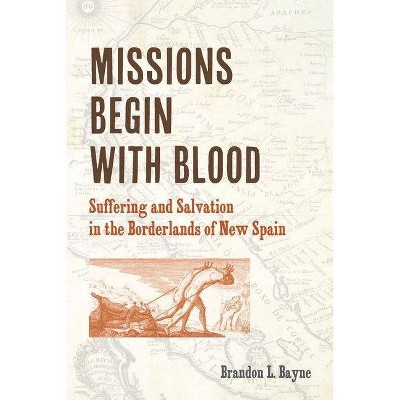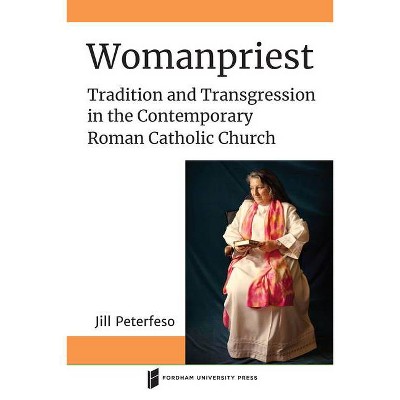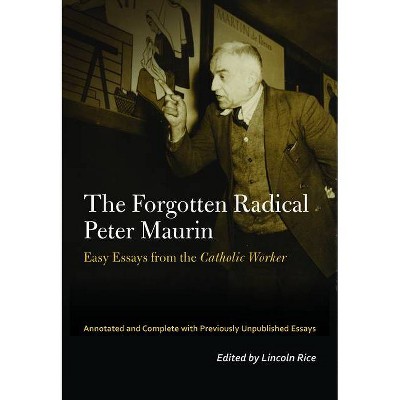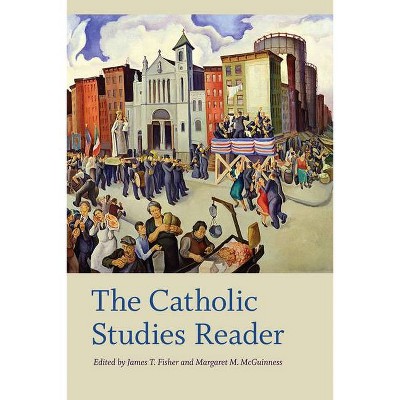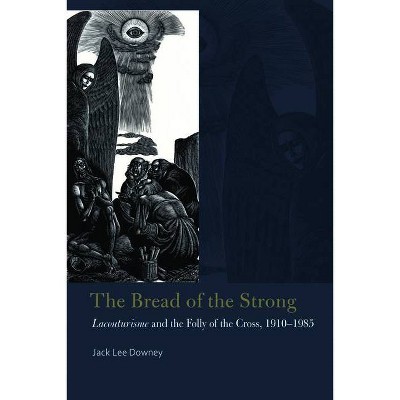Missions Begin with Blood - (Catholic Practice in North America) by Brandon Bayne (Paperback)
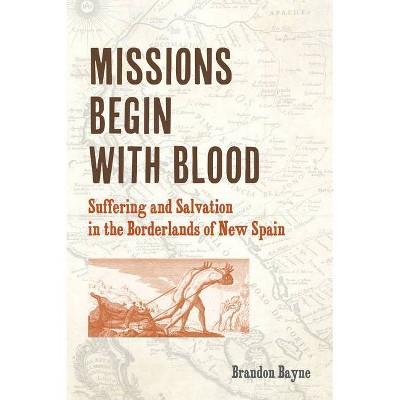
Similar Products
Products of same category from the store
AllProduct info
<p/><br></br><p><b> About the Book </b></p></br></br>"While the idea that successful missions needed Indigenous revolts and missionary deaths seems counterintuitive, this book illustrates how it became a central logic of frontier colonization in Spanish North America. Missions Begin with Blood argues that martyrdom acted as a ceremony of possession that helped Jesuits understand violence, disease, and death as ways that God inevitably worked to advance Christendom. Whether petitioning superiors for support, preparing to extirpate Native "idolatries," or protecting their conversions from critics, Jesuits found power in their persecution and victory in their victimization. This book correlates these tales of sacrifice to deep genealogies of redemptive death in Catholic discourse and explains how martyrological idioms worked to rationalize early modern colonialism. Specifically, missionaries invoked an agricultural metaphor that reconfigured suffering into seed that, when watered by sweat and blood, would one day bring a rich harvest of Indigenous Christianity"--<p/><br></br><p><b> Book Synopsis </b></p></br></br>While the idea that successful missions needed Indigenous revolts and missionary deaths seems counterintuitive, this book illustrates how it became a central logic of frontier colonization in Spanish North America. <i>Missions Begin with Blood</i> argues that martyrdom acted as a ceremony of possession that helped Jesuits understand violence, disease, and death as ways that God inevitably worked to advance Christendom. Whether petitioning superiors for support, preparing to extirpate Native "idolatries," or protecting their conversions from critics, Jesuits found power in their persecution and victory in their victimization. This book correlates these tales of sacrifice to deep genealogies of redemptive death in Catholic discourse and explains how martyrological idioms worked to rationalize early modern colonialism. Specifically, missionaries invoked an agricultural metaphor that reconfigured suffering into seed that, when watered by sweat and blood, would one day bring a rich harvest of Indigenous Christianity.<p/><br></br><p><b> Review Quotes </b></p></br></br><br>Brandon Bayne weaves together Jesuit writings, observations, and natural histories to arrive at an engrossing intellectual history of the Spanish religious as they tenuously moved among the indigenous peoples of Sinaloa and the Pimería Alta. Bayne argues that the Jesuits successfully crafted a narrative that extolled suffering and martyrdom as the necessary prerequisites for the long-term implementation of the faith in the New World. His book offers a novel interpretation of the role of martyrdom, both real and imagined, to the centrality of the Jesuit enterprise in New Spain's northern frontier.<b>---Dana Velasco Murillo, University of California, San Diego, <i></i></b><br><br>This is a deeply researched, beautifully written, and always fascinating account of Catholic martyrdom in the Mexican-American borderlands. While assiduously contextualizing how early modern Catholic missionaries to the region understood the violent deaths of their comrades, Bayne also highlights the startling contemporary relevance of these martyrs' often troubling legacy for our own times. The work also provides a long-overdue reconsideration of the life and legacy of Eusebio Francisco Kino. Vivid, engaging, imaginative, and compelling, this excellent book deserves--and will command--a wide readership.<b>---Emma Anderson, author of The Death and Afterlife of the North American Martyrs, <i></i></b><br><p/><br></br><p><b> About the Author </b></p></br></br><b>Brandon Bayne </b>is Associate Professor of Religious Studies at the University of North Carolina, Chapel Hill.
Price History
Price Archive shows prices from various stores, lets you see history and find the cheapest. There is no actual sale on the website. For all support, inquiry and suggestion messages communication@pricearchive.us
